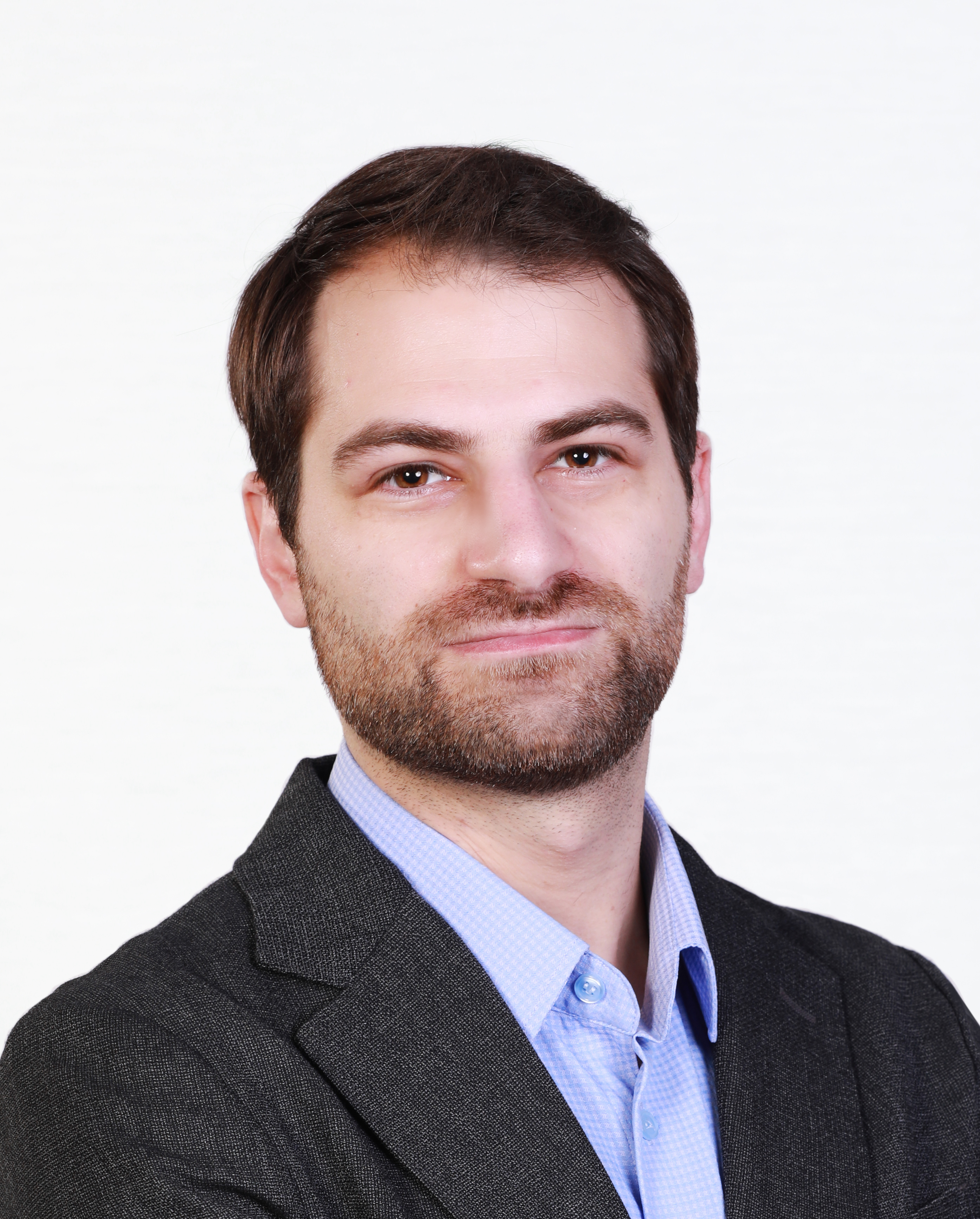Dec 10, 2024
Beyond “Red and Expert”: The Party’s Vision for Scientists in Contemporary China
- 14:00 to 15:30
- Lecture
- Lise Meitner Research Group
- Joshua B. Freedman
Dominant theories of science and technology often argue that innovation and growth require a liberal political environment and professional autonomy for scientists. How does the Chinese Communist Party (CCP), which has embraced science and technology as central to its development strategy, view the sources of scientific progress? This talk explores the CCP’s perspective on scientists in contemporary China through an in-depth analysis of the ongoing “Spirit of Scientists” (kexuejia jingshen) propaganda and education campaign. By placing this campaign in historical and theoretical perspective, I argue that China’s approach to science and technology is connected to the Party’s broader political-theoretical vision of progress. This approach combines skepticism of the liberal ideal of self-regulating institutions with an awareness of the limits of excessive political control. As such, the Party views it as necessary to cultivate scientists who are not mere professionals but who exemplify charismatic virtues and embody Party values. Understanding the deeper roots of the Party’s view of scientists is essential for making sense of the prospects and limitations of China’s development strategy.
Biography
Contact and Registration
This event is open to all and accessible via Zoom.
For registration, please contact Dr. Franziska Fröhlich (fmfroehlich@mpiwg-berlin.mpg.de).

